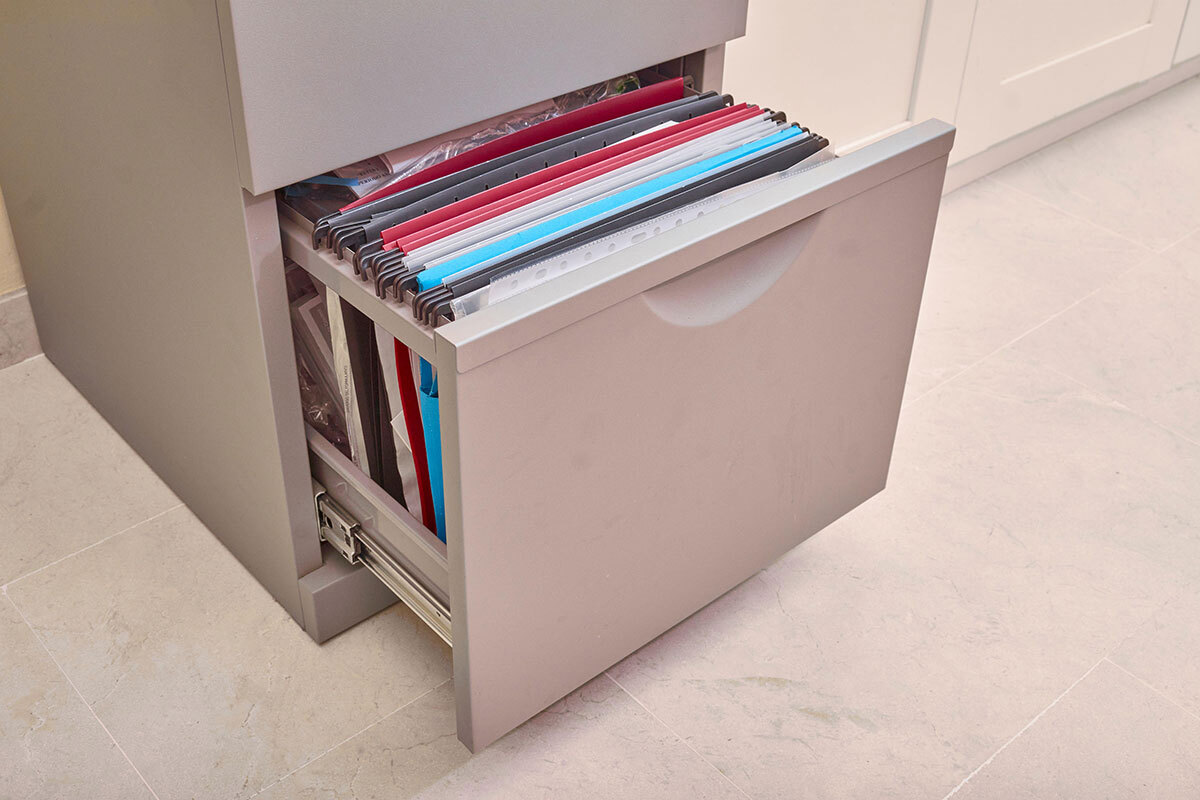Ombudsman finds most landlords see ‘positive improvements’ after data system changes
Most landlords experienced “positive improvements” after changing their data systems, in the wake of a Housing Ombudsman report that found widespread record-keeping problems in the sector.
In a follow-up to its Spotlight report on knowledge and information management (KIM), the Housing Ombudsman said it had reviewed information from more than 50 landlords, carried out an anonymous survey of complaint-handling staff and held a workshop.
The original Spotlight report from May 2023 found that poor data and record-keeping was “ubiquitous” in the sector and caused daily detriment to residents.
It made 21 recommendations, including implementing a KIM strategy, training staff on the Equality Act, and reviewing safeguarding policies and procedures.
Changes that landlords have made since then include implementing automated appointment reminders, allocating ‘data owners’ at board level and making greater efforts to contact residents.
Just 26% of respondents to the follow-up report said they were having issues accessing information required for decision-making, compared with 56% in the original survey.
Of these, 81% said the issues impacted on their ability to meet their complaint-handling timescales.
A very high proportion of those with problems accessing data – 92% – said these issues affected their ability to fully address complaints.
Most respondents said the main barriers were poor quality or vague information and databases not synchronising. Poor communication or responses from other teams was also an issue.
Previously, the highest proportion of those with access issues – 57% – attributed them to problems with databases.
Almost half of the respondents said there were barriers preventing them from effective record-keeping, while 54% did not experience any barriers. Those who said there were barriers largely put them down to system inadequacies or time pressure/excessive workload.
Some staff also described a lack of senior buy-in and difficulties around organisational culture as barriers.
In the past 12 months, 37% of respondents had experienced changes to the systems they use or processes they follow to record and access data.
Of the landlords that had undergone system changes following the report, 89% had experienced positive improvements, while 5% said the changes had made things worse, and 5% said they had made no difference.
Nearly half of the respondents (46%) have now received training on the Equality Act, with 33% having completed this training beforehand and 15% yet to receive any training.
The ombudsman also shared practical examples of how others can also adopt these improvements, particularly around issues of gaining access to homes.
One landlord said it had produced a new ‘no access’ form for operatives to use, which require operatives to call the resident and wait at least five minutes before leaving.
Another said it had introduced a new appointment slot to avoid school-run times, based on a review of missed appointment data.
Richard Blakeway, the housing ombudsman, said: “Since the publication of our report in 2023, the need for good KIM has only increased, with it being central to the new consumer regulation.
“Agreeing and implementing a KIM framework effectively can take time and resources, and we understand that landlords only have a finite resource.
“However, from speaking to landlords, it is clear that effort invested can be seen in both incremental gains and longer-term benefits.”
The report noted that in the Regulator of Social Housing’s regulatory judgements published so far, poor knowledge and information management “featured heavily” in its assessments of the landlords that received a C3 or C4 judgement under the consumer standards.
Newcastle City Council and Nottingham City Council both received a C3 grade recently over a lack of stock condition surveys, overdue disrepair cases and poor repair services.
Sign up for our asset management newsletter
Already have an account? Click here to manage your newsletters












